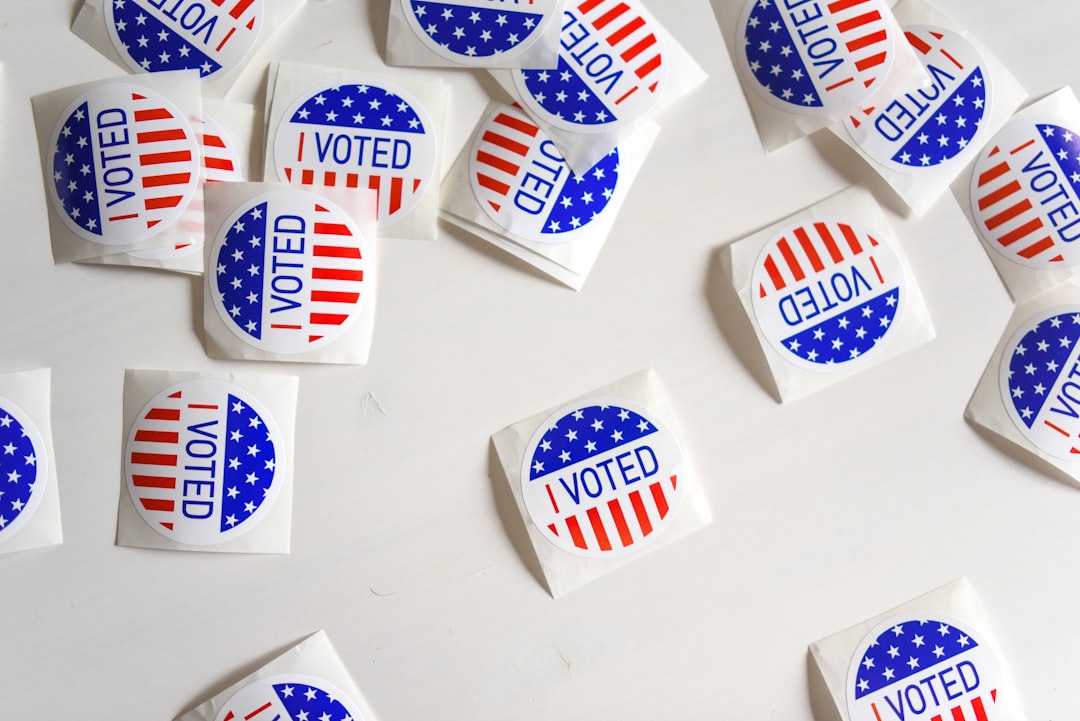In final stretch, Democrats in 7th reverse trend, gain more voters than GOP
Those registering as ‘other’ also outpace Republicans in 7th, statewide

Voter registration in the 7th Congressional District grew to 524,021 as of Oct. 31 – an increase of 14,448 since Aug. 1 in a district where incumbent Democrat Susan Wild and Republican Lisa Scheller are in a dead heat in the polls and every vote counts.
Democrats had the biggest gains, growing by 5,998 since Aug. 1 to 233,100 while Republicans saw their rolls grow by 4,067 to 192,312, according to statistics as of Oct. 31. The last day for voter registration was Oct. 24.
It’s unclear whether the state’s Oct. 31 statistics – coming a week after the close of books – are the final tally as counties are given some leeway in filing their final numbers, the Department of State said in an email.
7th Congressional District
Voter registration as of Oct. 31
Democrats: 233,100
Republicans: 192,312
Other: 98,609,
Total: 524,021
Source: Pennsylvania Department of State
Gaining more than Republicans in the timespan was the category called “other,” which includes other parties and no affiliation.
Voters eschewing the two major parties jumped by 4,383 to 98,609, making them just under 19% of all voters in the 7th and a big player in the outcome.
Democrats have widened their registration voter edge with the GOP in the 7th to 40,788. Their growth marks a reversal of a trend that saw them losing 102 registered voters between March and August as Republicans gained voters.
State voter rolls higher than last midterms
Statewide, voter registration stood at 8,872,968 on Oct. 31, a gain of 123,194 since Aug. 1, state statistics show.
The total number is less than the 2020 presidential race when 9,090,962 voters were registered in Pennsylvania.
But it is more than 200,000 voters higher than 2018, the last midterm election when 8,609,880 people were registered. That’s the year Wild won her first term, Gov. Tom Wolf was reelected, and the Democrats took control of the U.S. House.
This time around, for the Nov. 8 election, Democrats have 4,046,645 party members, a growth of 47,868 since August. Republicans have 3,497,357 members, a gain of 38,843.
As a result, Democrats hold a 549,288 voter edge over Republicans, a widening of 9,025 since Aug. 1.
As is the case in the 7th, voters registering as “no affiliation” or “other” outnumbered the GOP growth tally, growing by 39,961 to 1,331,966 since Aug. 1.
What it means in the 7th
The 7th is considered a key battleground race as Democrats seek to retain and Republicans seek to take control of the House.
Wild, a former Allentown city solicitor, and Scheller, chaiman and CEO of Silberline Manufacturing in Schuylkill County, are in a rematch where the high stakes have led them to raise a combined cash haul that is larger than any other U.S. House race in Pennsylvania.
In 2020, Wild, who is seeking her third term, won by 3.8 percentage points with 51.9% to Scheller’s 48.1%. The vote difference was 14,068.
This time around the district leans more Republican. That’s because redistricting kept all of Lehigh and Northampton counties removed all but a tiny part of Monroe County and then added all of Carbon County, where there are 21,754 Republicans versus 15,559 Democrats.
A recent Muhlenberg College/Morning Call poll of likely voters put Wild and Scheller in a statistical tie – 47%-46%.
In commenting on the latest the Democratic gains as of Oct. 31, Chris Borick, director of the Muhlenberg College Institute of Public Opinion, said they “show that the Democrats have been able to stem the tide of GOP gains over recent years, and in a challenging cycle this is a positive sign.”
Borick said the Democratic gains have come since the U.S. Supreme Court’s Dobbs decision giving states the right to decide on abortion.
“This has helped Democratic competitiveness in a cycle in which they are fighting a headwind,” Borick told Armchair Lehigh Valley.
The Muhlenberg poll found inflation and abortion to be the top issues with 34% of voters picking inflation as their No. 1 issue and 28% choosing abortion. While crime is considered a major issue across the nation, 5% of the poll’s respondents put it at the top of their concerns.
Meanwhile, Borick said, the growth of non-affiliated voters in the 7th is evidence of dissatisfaction with the two major parties and the desire for an alternative.
“This is particularly notable given that we remain a closed primary state, which prevents independents from voting in primary elections,” he said.


